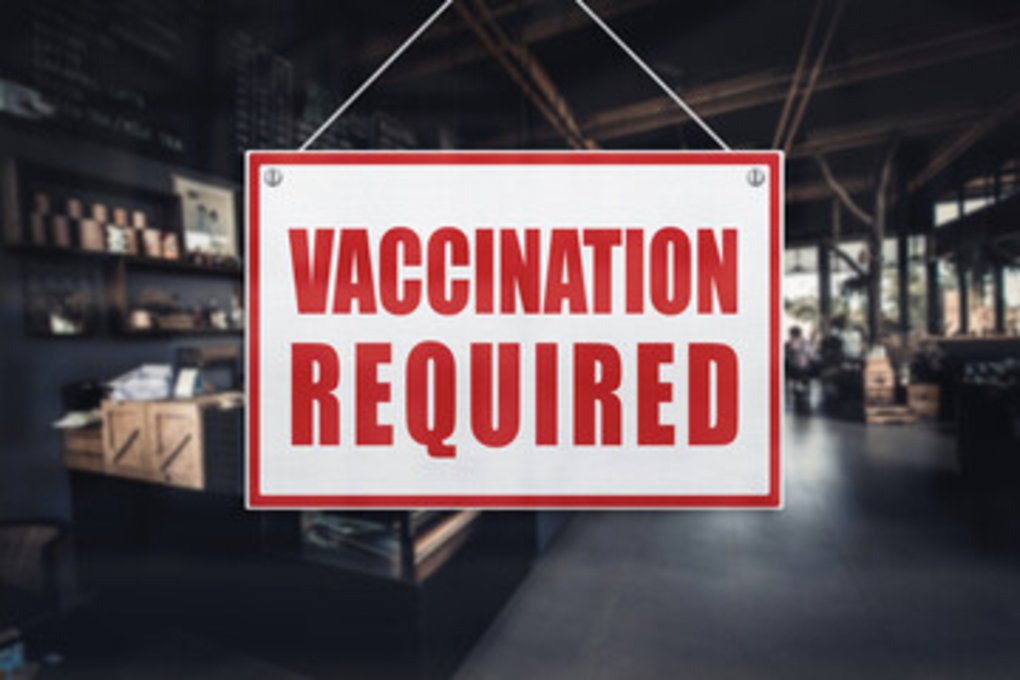
Compulsory vaccination for the exercise of certain professions that France and Greece have recently introduced in their legal system does not represent a hypothesis of imminent risk of irreparable harm for employees. Consequently, European Court of Human Rights cannotadopt any interim measures or suspend the requirement to be vaccinated.
Interim measures are granted only on an exceptional basis, when the applicant would otherwise face a real risk of serious and irreversible harm (in the majority of cases, the applicant requests the suspension of an expulsion or an extradition).
France
As reported in our August edition, Law no. 2021-1040 of 5 August 2021 on the management of the public health crisis provides, among others, compulsory vaccination for people who carry out their activity in certain establishments (health establishments, medical centres, establishments for the elderly or disabled, etc.) and all health professionals.
After two weeks of its adoption, 672 full-time and voluntary members of the French Departmental Fire and Emergency Services (SDIS) and members working in hospitals, emphasising the urgency of the matter and relying on Articles 2 (right to life) and 8 (right to respect for private and family life) of the European Convention on Human Rights, requested that the Court:
- as their main submission, “suspend the requirement to be vaccinated as set out in section 12 of the Law of 5 August 2021”;
- in the alternative, to “suspend the provisions prohibiting persons who have failed to comply with the requirement to be vaccinated from exercising their occupation”, and to “suspend the provisions interrupting the payment of salaries to persons who have failed to comply with the requirement to be vaccinated, as laid down in section 12 of the Law of 5 August 2021” (Abgrall and 671 Others v. France).
Greece
On 2 September 2021, the European Court of Human Rights (ECHR) received two applications against Greece, lodged by 30 health professionals who work independently or in public health institutions.
Under Articles 2 (right to life), 3 (prohibition of inhuman or degrading treatment), 4 (prohibition of slavery and forced labour), 5 (right to liberty and security), 6 (right to a fair hearing), 8 (right to respect for private and family life) and 14 (prohibition of discrimination) of the European Convention on Human Rights, the applicants complain about the provisions of section 206 of Law no. 4820/2021, which impose compulsory vaccination of health-sector professionals against Covid-19 as a condition for being able to continue exercising their occupation.
The applicants also requested to apply interim measures (Rule 39 of the Rules of Court) and suspend immediately the application of the law.
The applications are currently pending before the Court:
- Application no. 43375/21 (Kakaletri and Others v. Greece), lodged by 24 applicants, of whom 18 are independent doctors and six are employed in public medical institutions;
- Application no. 43910/21 (Theofanopoulou and Others v. Greece), lodged by 6 public-sector employees working in public medical institutions (doctors/a nurse/paramedic).
The decisions
In both cases, the ECHR considered that those requests lay outside the scope of Rule 39 of the Rules of Court (Interim measures) and rejected the requests.
For the Court, compulsory vaccination cannot be suspended with Interim Measures.
Refusals to apply Rule 39 cannot be appealed against.